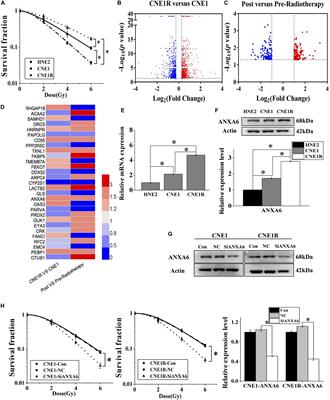EDITORIAL
Published on 08 Jan 2021
Editorial: The Role of Epigenetic Modifications in Cancer Progression
doi 10.3389/fonc.2020.617178
- 1,622 views
- 6 citations
31k
Total downloads
131k
Total views and downloads
EDITORIAL
Published on 08 Jan 2021
ORIGINAL RESEARCH
Published on 16 Sep 2020
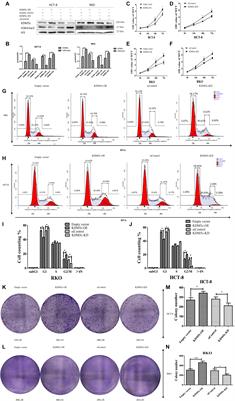
REVIEW
Published on 07 Aug 2020
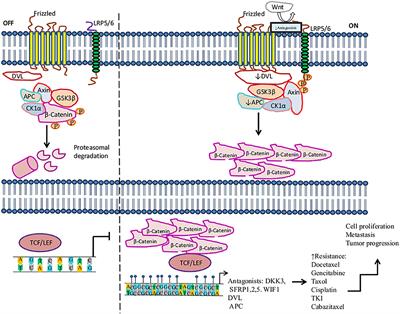
REVIEW
Published on 07 Jul 2020
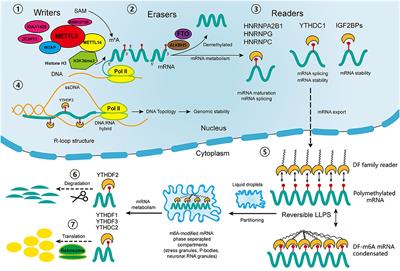
ORIGINAL RESEARCH
Published on 03 Jul 2020
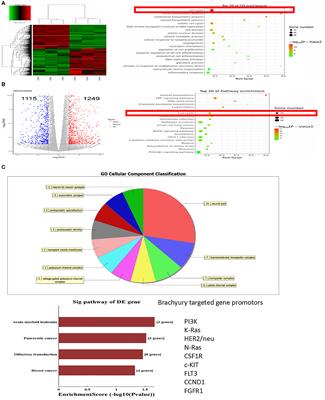
REVIEW
Published on 30 Jun 2020
REVIEW
Published on 24 Jun 2020
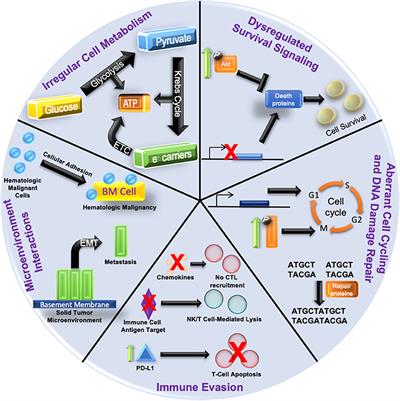
ORIGINAL RESEARCH
Published on 12 Jun 2020
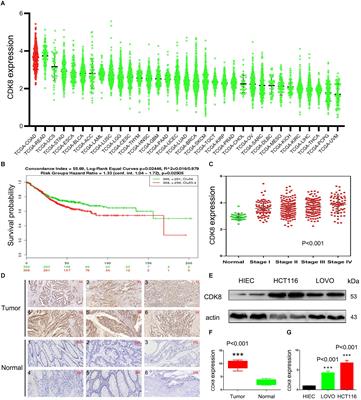
ORIGINAL RESEARCH
Published on 05 Jun 2020
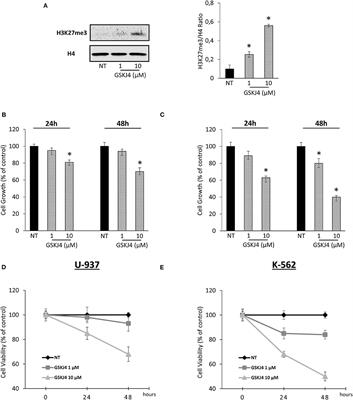
REVIEW
Published on 25 May 2020
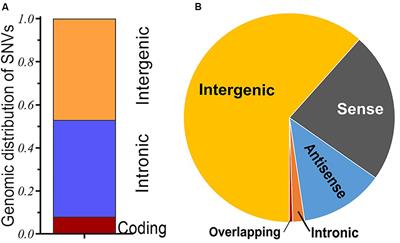
ORIGINAL RESEARCH
Published on 14 May 2020
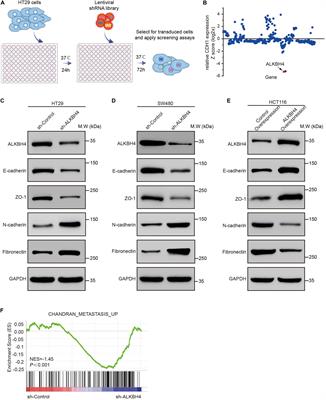
ORIGINAL RESEARCH
Published on 16 Apr 2020
